Independent journalists and international human rights organizations are concerned about the future of free-press development in Kazakhstan
Published:
20 January 2004 y., Tuesday
Independent journalists and international human rights organizations are concerned about the future of free-press development in Kazakhstan, citing pending media legislation that would effectively give the government the ability to meddle in the operations of news-gathering organizations.
A clear majority in Kazakhstan's lower house of parliament, or Mazhilis, passed the media bill on December 25. Free-speech advocates believe the upper house, or Senate, will approve the bill as early as in mid-February. "We have no hope in the Senate, and [only] a very small hope that the president will reconsider and not sign this draft law," said Irina Petrushova, editor of the opposition Assandi Times newspaper.
Under the law, the Ministry of Information Affairs would have nearly unlimited powers to suspend a media organization's operations. The law places no restrictions on monopolies, and does little to guarantee journalists' rights. The law vaguely states that journalists have a right to gather information. At the same time, the legislation mandates that media organizations perform certain functions as defined by the Ministry of Information - a requirement that critics fear could be used to deny registration to media outlets that anger the government.
Petrushova, one of the bill's most outspoken critics, said the Western reaction to the media bill could play a pivotal role in its future. An outcry against the law by Western government and non-governmental groups could pressure Kazakhstani President Nursultan Nazarbayev not to sign the restrictive legislation. The Assandi Times has already published two so-called "protest editions" with statements from international organizations such as Reporters Without Borders and the World Association of Newspapers that criticize the draft law. The newspaper plans to release additional special editions in January to draw fresh international attention to the legislation. But, so far, such criticism appears to have had little effect.
Šaltinis:
EurasiaNet
Copying, publishing, announcing any information from the News.lt portal without written permission of News.lt editorial office is prohibited.
The most popular articles
 The Champs Elysees rings in the holiday season with a festive lighting display.
more »
The Champs Elysees rings in the holiday season with a festive lighting display.
more »
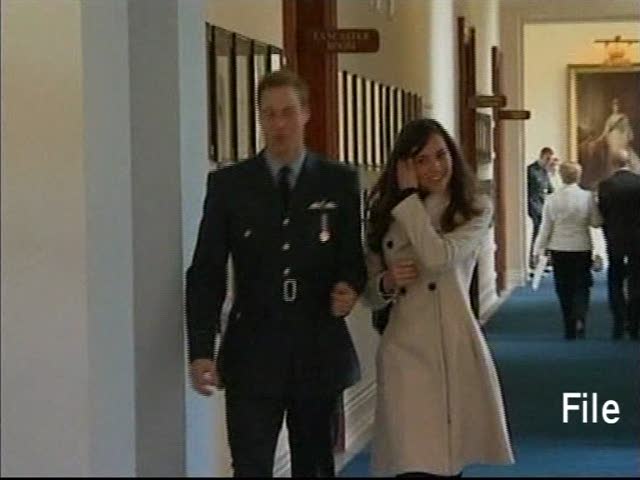 Westminster Abbey is confirmed as the venue for the wedding of Britain's Prince William and Kate Middleton on April 29, 2011.
more »
Westminster Abbey is confirmed as the venue for the wedding of Britain's Prince William and Kate Middleton on April 29, 2011.
more »
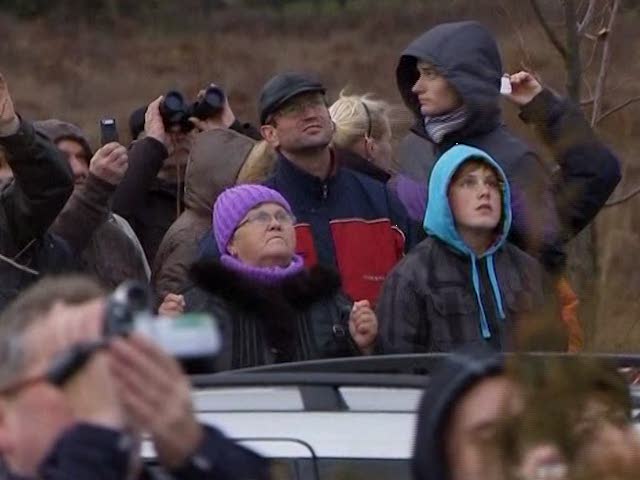 15,000 pilgrams flock to see official unveiling of the world's tallest statue of Jesus in Poland.
more »
15,000 pilgrams flock to see official unveiling of the world's tallest statue of Jesus in Poland.
more »
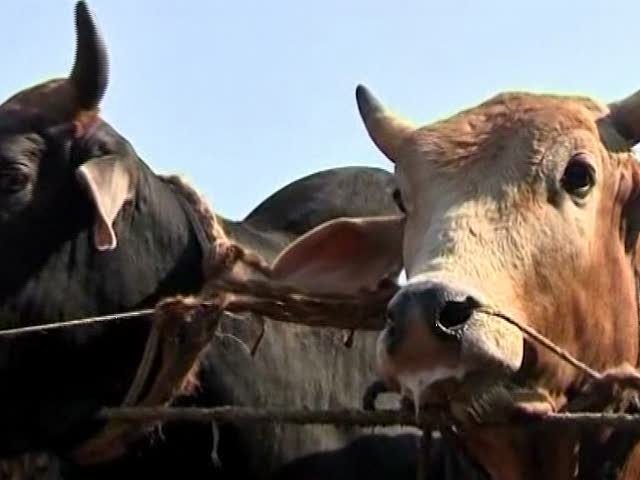 Muslims in Bangladesh go to market to buy livestock to slaughter for the approaching holy Muslim festival of Eid al-Adha.
more »
Muslims in Bangladesh go to market to buy livestock to slaughter for the approaching holy Muslim festival of Eid al-Adha.
more »
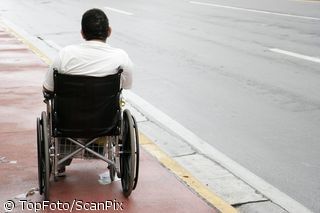 Ten–year strategy for people with disabilities so they can take part in all aspects of daily life across the EU.
more »
Ten–year strategy for people with disabilities so they can take part in all aspects of daily life across the EU.
more »
 Ahead of the Africa-EU Summit taking place from 29-30 November in Libya, the Commission presents today its proposals for a consolidation of the Africa-EU relations.
more »
Ahead of the Africa-EU Summit taking place from 29-30 November in Libya, the Commission presents today its proposals for a consolidation of the Africa-EU relations.
more »
 Average CO2 emissions from new cars sold in the EU dropped by 5% last year, the biggest annual fall ever recorded, a report published today by the European Commission shows.
more »
Average CO2 emissions from new cars sold in the EU dropped by 5% last year, the biggest annual fall ever recorded, a report published today by the European Commission shows.
more »
Baby koala fights for her life in Australia after being injured by shotgun fire.
more »
 Plans to give consumers more control over how personal information is collected and used.
more »
Plans to give consumers more control over how personal information is collected and used.
more »
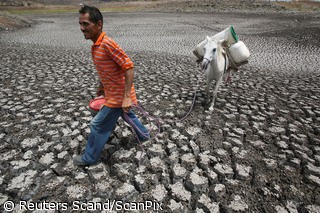 A severe drought pushes river levels in Brazil's Amazon region to record lows, isolating communities and strangling vital boat transport links.
more »
A severe drought pushes river levels in Brazil's Amazon region to record lows, isolating communities and strangling vital boat transport links.
more »